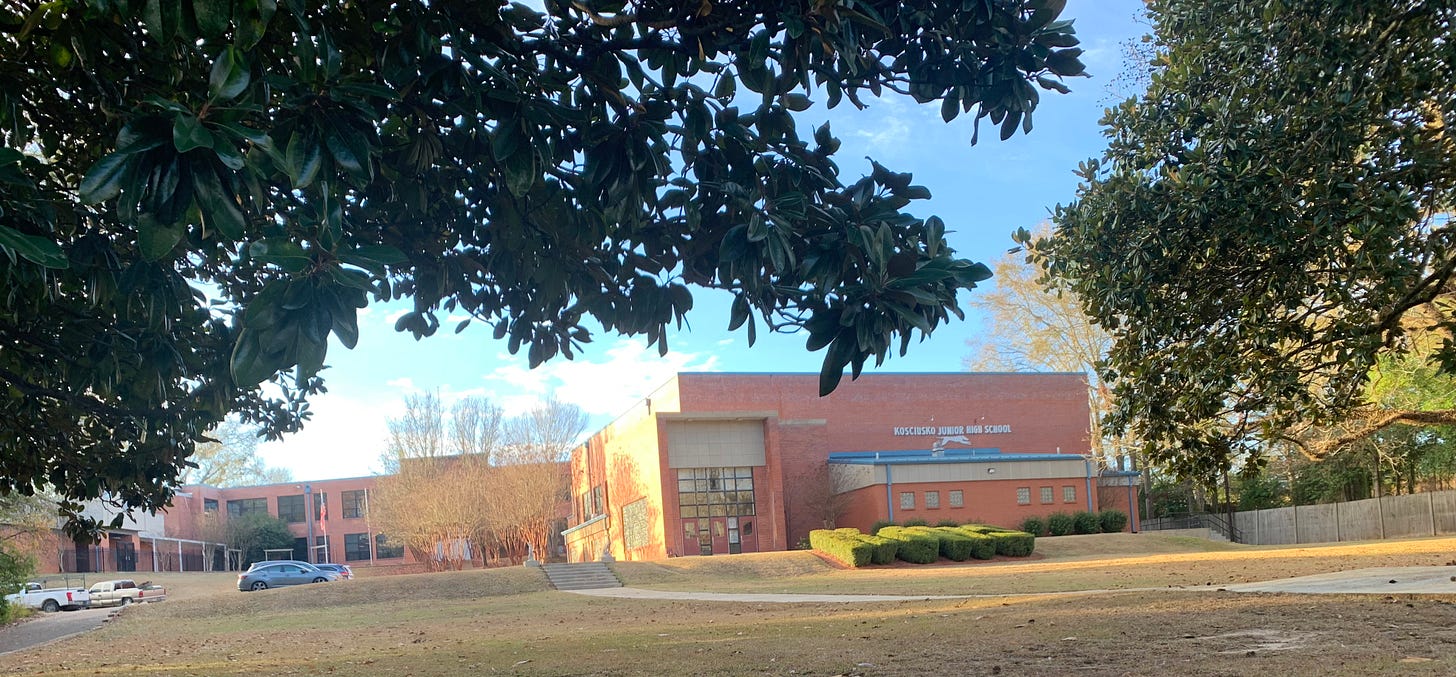Round Key, Ten Thousand Islands
“It seems when we hear a skylark singing as if sound were running forward into the future, running so fast and utterly without consideration, straight on into futurity. And when we hear a nightingale, we hear the pause and the rich, piercing rhythm of recollection, the perfect past. The Lark may sound sad but with the lovely lapsing sadness that is almost a swoon of hope, the Nightingale’s triumph is a paean but a death-paean.” D. H. Lawrence, The Poetry of the Present
I read D.H. Lawrence’s essay about modernist poetry this morning. I’ve read bits of D. H. Lawrence before. Forced myself through Lady Chatterly’s Lover in high school, mainly because it was banned. Spent most of the time looking for the “good” parts. This essay rekindled my interest in him not only as a writer but as a person.
I’ve tried writing poetry. It’s an efficient way to escalate self-loathing and insecurity. Also it wakes up that little voice in my head. “Stop.” And then “Shut up.” More, “You are so stupid.” But I do it. Un-uttered rhymes and rhythms follow us for years. They lurk in our dark paths.
To recall the sound of a lark or a nightingale sounds wonderful but it is well out of my grasp. I can only imagine. This quote did take me back to a time and place long ago and another feathered friend of the dark. At Earlyville.
1970 found me in my senior year at Kosciusko High School, Kosciusko, Mississippi. The summer prior I spent at one of those immersion programs at Millsaps College, Jackson, Mississippi. The idea was that those who finished their junior year could get 6 hours of college credit in a six-weeks term. Intensive, no doubt, but a Hell-of-a-lot of fun. The problem was that I was now an official college student and my doing the necessary work to get a diploma seemed anti-climatic, boring and down-right stupid. I girded my loins, took a deep breath and settled into the rhythm.
Former building of Kosciusko High School, now the junior high.
I was dating a beautiful, lovely young lady named Lisa who lived a considerable distance out in the country. My best friend and cohort named Missy, a year my senior, left during the summer to attend college at Parson’s in NYC. Luckily my english teacher, junior and senior year, “got it” and was my confidante and counselor during that time. Lisa sported straight platinum blonde hair and was a perfect stand-in for various verses of Amy Lowell. We all read her profusely. Missy loved Lisa. We all did.
Then and there I’m not sure if I understood the full scope of the Lowell poetry. My teacher pushed the books toward me with a blank stare. Not saying what I could read in her eyes. “Either you get it or you don’t.” I think I got it. At least I thought I did. Meanwhile, Lisa was the manifestation of the eternal Lowell muse. The pink-and-silver lady.
Lisa lived on a bluff above Apookta creek in the Springdale community. Technically she was beyond Springdale and closer to an barely self-aware settlement named for Jubal Early. Ironically, Missy’s father lived at Earlyville with his second wife. Hopefully this is coming together.
Jubal Early was the chief architect of the Lost Cause movement. The Lost Cause was Hell-bent on redefining the civil war, changing the narrative to one where the poor southerners were victims of the aggressive tendencies of a north. Demons who wanted to change our bucolic narrative. The Lost Cause movement was championed by the United Daughters of the Confederacy. Well tempered women determined to redeem their grandparents, the institution of slavery, and the southern way of life. African slaves were rescued from dark satanic forests of Africa. They were transported to a place where they could enjoy the bounty of endless horizons and learn agricultural skills such as the production of indigo, cotton, rice and tobacco for wealthy planters. The Yankees just didn’t understand.
This narrative was a difficult sell to families who were ripped apart at the auction block as greedy planters bid on fathers, mothers and infants. Livestock too expensive to slaughter. The promise of Christian salvation was offered to the slaves was a cruel replacement for a familiar life on familiar terms. Chattel slavery defined the south and was the basic economic engine of the time. The narrative that the slaves were less than human was the only way out for the southerners. They recounted a story that made themselves comfortable. “We did a good thing.” It was the rhetoric of the day. “They were savages.”
But, I digress. Earlyville was a not even a community. It was a remnant. It sat high above Apookta Creek as an invisible sentinel, a blind beacon to those who lost their way on the road to salvation. The town of Earlyville was more lost than the Lost Cause movement which was still indoctrinating us children of the rural south in the chosen narrative of Jim Crow.
But back to then. Lisa. The bluff over Apookta. A time long vanished.
We road the roads at night. Red dust danced in our headlamps. Moistened grit left its film in the midnight dew. Nobody. Nowhere. Quiet. Into the night we drove.
Then we parked. Lisa’s house glowed dim in the distance. The air was as black as pitch. No moon. Few stars felt safe shining. Best to keep quiet. Dark. It was Earlyville. You don’t know who’s there. Lost causes breed terror.
We stopped. Killed the engine. The windows rolled down. Waited. There was no lark. No nightingale. Then a shrill whistle. Whip. Whippoor. Whippoorwill. Whip.
Into the night. The whipoorwill sang.
I go back there in dreams. Earlyille. The Bluff. I washed her hair with pine tar shampoo in Apookta Creek. We watched muskrats playing in the cold water. Darting. Working. Building. It was clear, even during cloudy times.
I think a lot about then and there. A half century ago. Now more. Times of bliss and sorrow. They are all dead now. Lisa, Missy, my teacher. Parents. friends. Nobody much left who knows what then and there were. I’m all that’s left. Try to tell a story that makes no sense. Amy Lowell’s lady clad in pink and silver. Darting through the hedges.
If I went back. Travelled those dark red-sand roads. Bounced on too-thick gravel to a quiet bluff. Earlyville. And I thought of the Lost Cause. Jubal Early. Noble efforts gone way too wrong. Sweet smells of pines. The gurgle of the Apookta. Splash of muskrats in the clear water. Black pine tar shampoo and silken strands of platinum. Would I be better or worse? Could I make sense now of then and there of what we have become?
Could I follow that lady clad in pink and silver through Amy Lowell’s poem. Could I write a poem on the sandy bank of the Apookta. Hope that it would last the wind and rain? Could I track the muskrat to his hide-a-way in the tangled gnarled shore? Could I translate that late-night song of the whippoorwill? Could I answer?
We record our past and dictate our future. Our past ears hear bird songs sung in a happier key. Our past eyes see time at its best. There is no best of times. There is no worst. We don’t know the song of the lark. We do know that there is a whippoorwill singing on a bluff over Apookta Creek. At night. In the dark.







Well told. Isn’t it odd that our early lives are so intimate, into our every fold, yet so far away that it might as well be a phantasm, a fevered dream?